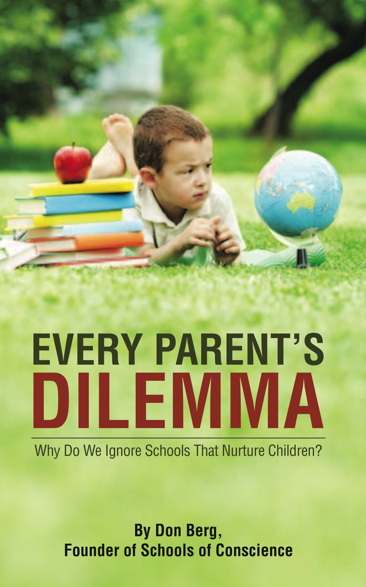A Nurturing Educational Policy to Solve Every Parent's Dilemma
Policy Creates Every Parent's Dilemma
Parents naturally want to put their children into schools that are familiar to them, but the familiar schools will diminish learning by failing to nurture their children.
Familiar schools versus nurturing schools, these are the horns of the dilemma that typical mainstream parents are put on by the fact that 30 years of solid scientific studies show that mainstream schools fail to nurture their students (where nurturing consists of supporting them to meet their primary human needs).
The foundation for effective and efficient learning is well-being, both physiological and psychological.
Yet, existing policies fail to acknowledge these foundations of good learning, let alone require systemic support for students and teachers to meet the primary human needs that produce well-being.
The talk below illustrates the challenge more graphically.
Bad News
Children's psychological well-being in mainstream K-12 schools consistently diminishes, thus creating the dilemma all parents face, even when they do not realize it.
Good News
Children's psychological well-being is supported in K-12 schools that facilitate self-directed learning.
Silver Lining
The good news can transform the bad news if well-being is given top priority.

Why do K-12 schools that facilitate self-directed learning serve less than 5% of all students in the USA despite over 100 years of good results?
The systematic growth of school models that support self-directed learning has been stunted by hidden barriers.
The hidden barriers also prevent more mainstream schools from sustainably adapting their practices to become more nurturing.
The barriers are based on a theory of education that is wrong.
K-12 educational policy makers at every level can remove those barriers by making an explicit commitment to ensuring that the schools they oversee support well- being.
Every Parent's Dilemma presents following educational policy resolution which you can take to your favorite policy makers to advocate for the well-being of all students.
No comments:
Post a Comment